Cold, dry air can leave your skin itchy, red, and irritated. Combat dry winter skin with these expert tips for retaining your skin’s natural moisture.
Winter can wreak havoc on your skin, and it can feel like there’s no escape: Cold, blustery conditions outside leave your skin red and raw, while indoor heat zaps moisture from the air and from your skin.
Even the things that make winter wonderful, such as sitting by a roaring fire, can dry your skin, as the American Academy of Dermatology (AAD) notes. And although a hot shower can warm you up, hot water strips skin of its natural oils, according to the University of Tennessee Medical Center.
Happily, there are many ways to combat the causes of dry skin and keep yourself moist and supple all season long, including some easy changes to your everyday routine.
Read on for 10 simple, dermatologist-approved tips for glowing winter skin.
“In the cooler winter months, the outdoor air typically holds onto less water and is drier and colder,” says Naissan O. Wesley, MD, a dermatologist with Skin Care and Laser Physicians of Beverly Hills in California. A humidifier in your home or office will restore moisture to the air, helping to keep your skin hydrated, according to the Cleveland Clinic.
Run a humidifier in your entire home or in rooms you spend the most time in, and aim to keep indoor humidity levels between 30 and 50 percent. One option is to turn it on overnight while you’re sleeping. If you’re unsure of your home’s humidity levels, you can purchase a humidity meter, such as the highly rated Goabroa unit (Amazon.com).
If you’re looking to escape dry, chilly outdoor air, you may be tempted to crank up the heat as soon as you get home. But high central heat can make the air in your house even drier, notes the American Osteopathic College of Dermatology (AOCD). Try a cool yet comfortable setting to prevent your skin from drying further — the AOCD recommends 68 to 75 degrees F.
Long, steamy showers may sound like a great idea when it’s cold and blustery, but very hot water can dry out the skin, says Marie Hayag, MD, a dermatologist and the founder of Fifth Avenue Aesthetics in New York City. A 5- to 10-minute warm shower (or bath) is less likely to worsen dry skin than a hot one, suggests the AAD.
A good rule of thumb: If the water causes your skin to turn red, it’s too hot, notes UPMC.
You should also avoid using excessively hot water to wash your hands. This is especially true if your hands tend to be red, scaly, and itchy (potential signs of eczema on the hands, per the National Eczema Association). Dry skin from exposure to hot water or cool winter air can trigger an eczema flare-up.
Cooler water seems to be as effective as warm water at removing germs and is less irritating to the skin, according to the Centers for Disease Control and Prevention (CDC).
RELATED: 8 Ways You Could Be Showering Wrong
When bathing, bar soap can worsen dryness by stripping the skin’s natural oils and disrupting the microbiome, Dr. Wesley says.
“For those with dry skin, I recommend using body wash,” Dr. Hayag says. “Look for washes that are labeled ‘for sensitive skin’ or ‘dye free’ and ‘fragrance-free.’ Oftentimes they contain fewer drying ingredients and more moisturizing ones like hyaluronic acid, ceramides, oils, shea butter, and oats.”
Also, look for products labeled “fragrance-free,” advises the AAD. “Unscented” products may actually contain chemicals that neutralize scent and can cause irritation.
If your skin is dry and itchy, Hayag recommends you scale back on the use of skin-care products containing alpha-hydroxy acids (AHAs) and retinoids on the face, as these can cause the issue to worsen and may even be a sign of an irritant dermatitis (a skin reaction that occurs after prolonged exposure to an irritating substance). “Once the skin is healed, you can restart the retinoid and alpha-hydroxy acids slowly,” she says.
In addition to skipping AHAs and retinoids when the skin on your face is dry, the AAD recommends steering clear of products that contain alcohol and fragrances, as this will help skin retain its natural oils.
Instead, choose oils and creams for your skin-care routine, and consider applying a moisturizer on top of your toner if the latter is causing dryness, Wesley says.
At night, use a richer moisturizer on your body, including your arms, legs, and midsection. “Look for occlusives, such as petrolatum, squalene, and shea butter,” Hayag says. “These are ingredients that seal in moisture by forming a protective seal over the skin.” Hayag also recommends seeking out a product with moisturizing humectants, such as hyaluronic acid and glycerin. These are great ingredients for the face, as they allow the skin to breathe and are unlikely to contribute to acne.
And don’t forget to moisturize the rest of your body, either. “For the body during the winter, I recommend using a thicker cream that comes out of a jar or tube as opposed to a pump,” Wesley says. “Lotions that come out of a pump tend to be thinner and more watery, so they can often just evaporate from the skin’s surface after application and are not thick and moisturizing enough.”
As for your lips, a moisturizing balm (such as petroleum jelly or another ointment) can help heal dry, cracked lips and keep them from getting chapped, according to the AAD.
RELATED: How to Tweak Your Skin-Care Routine for Winter, Depending on Your Skin Type
Hand-washing, as the CDC notes, is vital, especially when the common cold, flu, and COVID-19 are a threat. But “constant washing will cause the hands to take a beating,” says Linda Stein Gold, MD, a board-certified dermatologist at Henry Ford Medical Center in West Bloomfield, Michigan.
Apply hand cream after each washing, Dr. Stein Gold adds. She also recommends wearing waterproof gloves to protect your hands while you’re washing dishes or cleaning around the house.
You can put on cotton gloves after applying moisturizer to help your skin absorb the cream, says Wesley.
RELATED: Why Proper Hand-Washing Is Essential During Cold and Flu Season
On bright winter days, snow reflects the sun’s rays, which in turn multiplies your UV exposure, according to the Skin Cancer Foundation. UV rays have been linked to skin cancer, sunburn, and premature skin aging (such as wrinkles, leathery skin, and liver spots), per the American Cancer Society.
That means whether you’re out on the slopes, playing in the snow, or walking through a parking lot on an errand run, it’s just as important to apply sunscreen in the harsh winter weather as it is in the summer.
Don’t be fooled by darker, dreary days in winter, either. Up to 80 percent of the sun’s harmful UV rays can permeate clouds and still cause damage, according to the Skin Cancer Foundation.
Before you go outside, apply a broad-spectrum sunscreen with an SPF of 30 or higher with water resistance and moisturizing ingredients such as lanolin or glycerin to all exposed areas of your body, says the Skin Cancer Foundation.
RELATED: Do You Really Need to Wear Sunscreen Indoors?
Many cold-weather fabrics can aggravate dry winter skin. “Keep wool and rough clothing from directly touching your skin,” Stein Gold says. “This can cause dry skin to get irritated and itchy.”
Instead, wear light layers made from soft, breathable materials (like cotton or silk) directly against your skin. After that, pull on your heavier, warmer sweaters, recommends the AAD.
Be sure to protect your hands from cold winter air with gloves or mittens. If wool gloves are too irritating, try leather ones, Wesley suggests.
Don’t expect drastic results, but it may be possible to moisturize your skin slightly from the inside out. “Staying hydrated by drinking plenty of fluids, like water, is one of the best things you can do via diet to avoid dryness,” Wesley says. One small study found that people with low water intake were able to positively impact their skin hydration by drinking more water (in this case, two liters of water more than their usual daily intake).
Your diet may play a role as well. “Avoiding processed foods and sugars, and eating whole foods that are rich in essential vitamins, minerals, and fatty acids will keep the body and skin healthy,” Wesley says.
RELATED: Why Dehydration Is Still a Risk During the Wintertime
Pat your hands dry after washing them, Hayag says. The AOCD says that blotting or patting the skin dry rather than rubbing it helps retain more moisture.
Do the same when toweling off after a shower, advises Stein Gold: “Blot skin dry and apply a thick moisturizer within a few minutes after bathing to seal the water into the skin.”
If you still experience dryness, discomfort, redness, and irritation after trying these healthy skin tips, Stein Gold suggests using an over-the-counter 1 percent hydrocortisone cream. “If you don’t see improvement in a few days, talk with your doctor,” Stein Gold says. You may need a prescription-strength moisturizer to overcome winter’s drying effects on your skin, or your dry skin may be a sign of a skin condition that needs to be addressed, according to the AAD.
Everyday Health follows strict sourcing guidelines to ensure the accuracy of its content, outlined in our editorial policy. We use only trustworthy sources, including peer-reviewed studies, board-certified medical experts, patients with lived experience, and information from top institutions.
By subscribing you agree to the Terms of Use and Privacy Policy.
Is it okay to drink alcohol with rosacea? Yes, you can, but you should take a few steps to avoid triggering a rosacea flare. We asked four dermatologists…
It depends on your hair type and scalp health, among other variables. Here’s what you should know about how often to shampoo your locks, according to …
Symptoms like itching and burning often leave people with skin diseases unable to sleep well at night and struggling to perform well at work.
Niacinamide is a form of vitamin B3 that offers scientific benefits for your skin, with minimal side effects. Here’s what you need to know about adding…
Learning to identify bug bites or stings will help you get the proper treatment.
Skin conditions like ringworm, rosacea, eczema, contact dermatitis, and seborrhea can look red, itch, and even cause pain. Here is a photo of each skin…
UV rays, blue light, and air pollution can cause fine lines and wrinkles, sagging, and dark spots. Fortunately, certain skin-care ingredients can help…
Try these skin-care products, procedures, and habits for smoother, plumper, and healthier-looking skin today. Each of these recommendations is supported…
Face yoga may help reduce premature signs of skin aging, such as fine lines and wrinkles. Here’s a look at the limited research behind this approach and…
Skin rashes are a common problem during the summer months due to some surprising triggers, such as sunlight, contaminated water, and even lime juice. …
By subscribing you agree to the Terms of Use and Privacy Policy.
The Top 10 Tips for Healthy Winter Skin
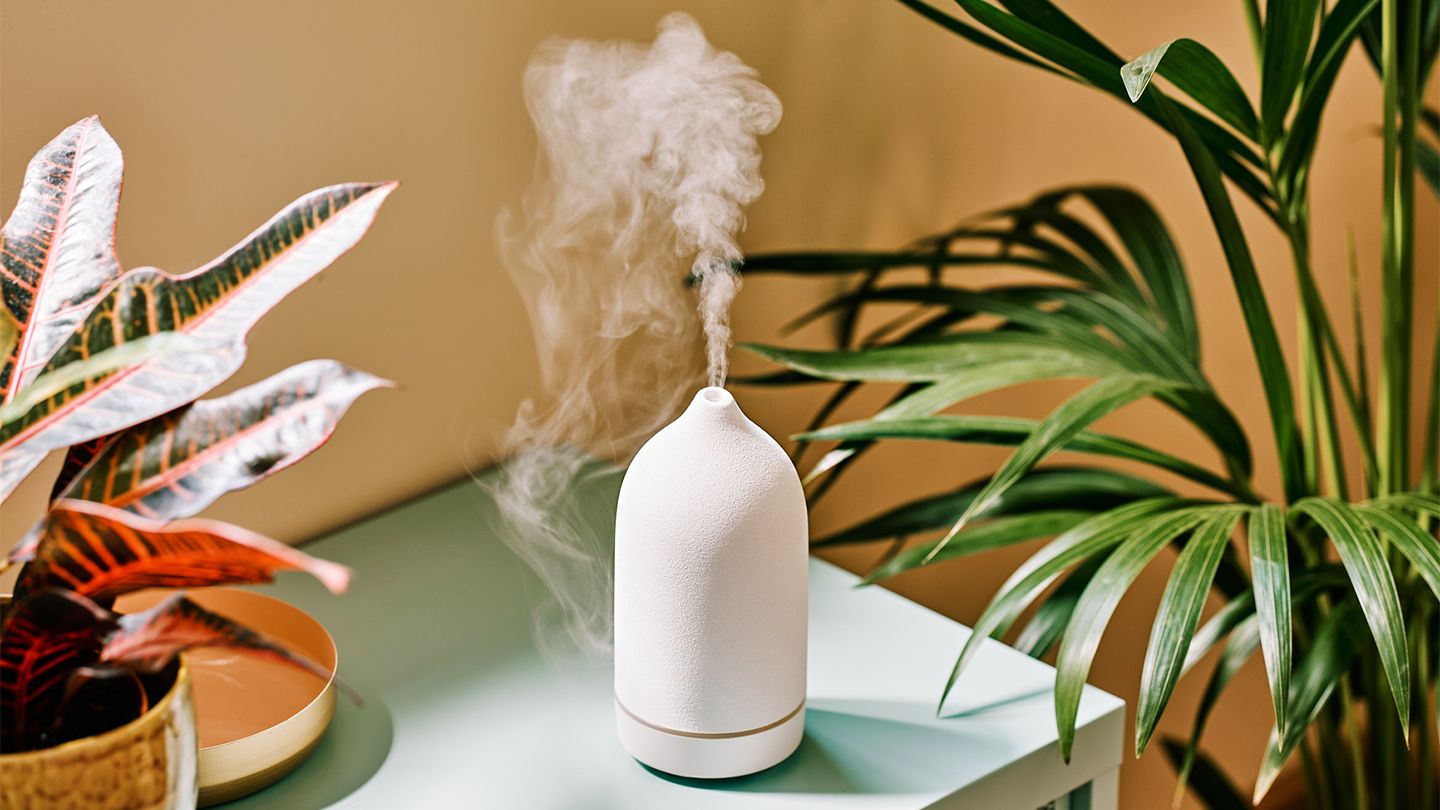
 Gym Diet Plan: जिम में वर्कआउट के बाद खाएं ये चीजें, ऐसी रखें अपनी डाइट
Gym Diet Plan: जिम में वर्कआउट के बाद खाएं ये चीजें, ऐसी रखें अपनी डाइट Sensitive Skin को हेल्दी और ग्लोइंग रखेंगे ये 10 बेहतरीन टिप्स
Sensitive Skin को हेल्दी और ग्लोइंग रखेंगे ये 10 बेहतरीन टिप्स The 10 best epilepsy apps – Medical News Today
The 10 best epilepsy apps – Medical News Today The 8 Health Habits Experts Say You Need in Your 20s (Published 2016)
The 8 Health Habits Experts Say You Need in Your 20s (Published 2016) How to Get Clear Skin: 11 Proven Tips for Fighting Acne
How to Get Clear Skin: 11 Proven Tips for Fighting Acne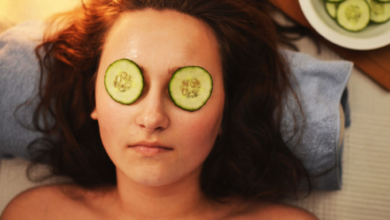 10 Tips for Busy People to Go Green with Your Skin-care Routine
10 Tips for Busy People to Go Green with Your Skin-care Routine 10 Desi Beauty Tips to get Glowing Skin
10 Desi Beauty Tips to get Glowing Skin Beauty Tips : मिंट और फ्रूट्स फेशियल से मिल रही समर में ग्लोइंग स्किन
Beauty Tips : मिंट और फ्रूट्स फेशियल से मिल रही समर में ग्लोइंग स्किन What's the real secret of glowing, gorgeous skin? 10 tips for a much better complexion
What's the real secret of glowing, gorgeous skin? 10 tips for a much better complexion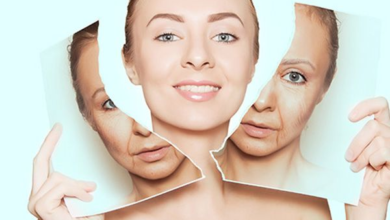 10 Skin Care Tips To Practice For Healthy Skin
10 Skin Care Tips To Practice For Healthy Skin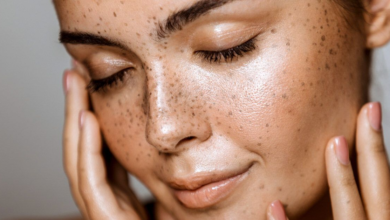 Glowing Skin: 10 Home Remedies That Work
Glowing Skin: 10 Home Remedies That Work बियर से पाएं दमकती त्वचा, अपनाएं ये 10 तरीके
बियर से पाएं दमकती त्वचा, अपनाएं ये 10 तरीके 10 Dermatologist Secrets To Clear Skin, Because The Professionals Know Best
10 Dermatologist Secrets To Clear Skin, Because The Professionals Know Best 10 Oils To Make Winter Skin Glow – Everyday Health
10 Oils To Make Winter Skin Glow – Everyday Health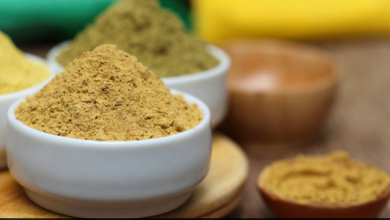 Skin Care Tips: चेहरे का खो गया है नूर तो यह मिट्टी लगाना कर दें शुरू, दूर हो जाएगं सारे दाग धब्बे
Skin Care Tips: चेहरे का खो गया है नूर तो यह मिट्टी लगाना कर दें शुरू, दूर हो जाएगं सारे दाग धब्बे कोरियन ग्लास स्किन पाना चाहती हैं तो इन 5 टिप्स को जान लीजिए तुरंत, चेहरे पर दिखने लगेगी चमक
कोरियन ग्लास स्किन पाना चाहती हैं तो इन 5 टिप्स को जान लीजिए तुरंत, चेहरे पर दिखने लगेगी चमक Summer Skin Care : गर्मियों में भी चाहिए दमकता चेहरा तो जरूर करें इन ब्यूटी प्रोडक्ट का इस्तेमाल
Summer Skin Care : गर्मियों में भी चाहिए दमकता चेहरा तो जरूर करें इन ब्यूटी प्रोडक्ट का इस्तेमाल गोरी-निखरी रंगत के लिए चेहरे पर लगाएं ये फेस पैक, रात में सोने से पहले करें अप्लाई
गोरी-निखरी रंगत के लिए चेहरे पर लगाएं ये फेस पैक, रात में सोने से पहले करें अप्लाई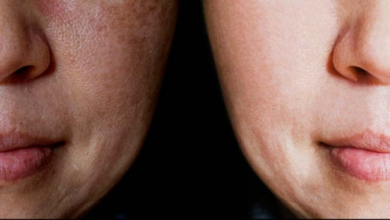 बेसन में मिलाकर लगाएं ये दो चीजें, चेहरे पर आएगा गजब का निखार, झुर्रियां और दाग-धब्बे हो जाएंगे गायब
बेसन में मिलाकर लगाएं ये दो चीजें, चेहरे पर आएगा गजब का निखार, झुर्रियां और दाग-धब्बे हो जाएंगे गायब